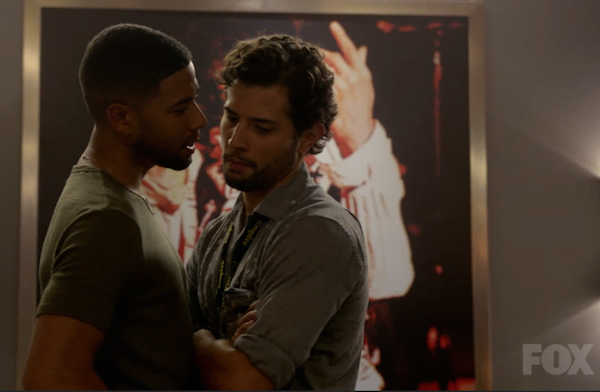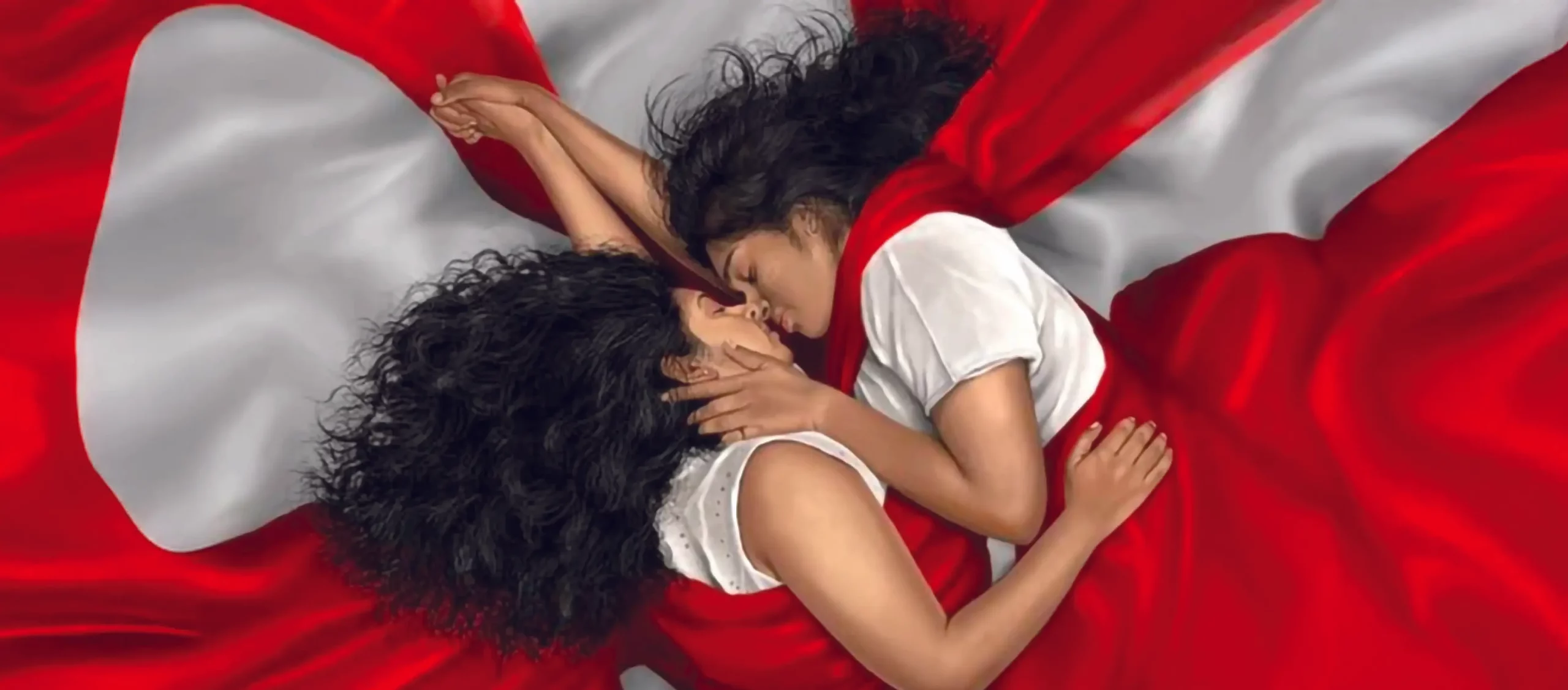Posted by Dharmesh Chaubey
I have loved a lot of men. Loved in the truest sense of the term where I would write poetry for them and be consciously and constantly worried about their well being. I have had fights with them over many issues, reconciled, fallen apart, found new men to love and thought of them as often as my heart and mind would go to them.
Of these men, there were only two I was romantically invested in. Other men were/are friends in the colloquial sense. But where do I draw the line of these investments? When do men I love become friends and boyfriends? Why should our relationships have significance only if we are romantically involved?
The boundaries controlling our emotions are not just complex, they are also in some sense non-existent. We have been socialized to believe that love can be and is of only one kind. That idea of love is extremely isolating and emotionally taxing.
Through these insecurities of and around our involvements as queer persons with other queer persons stem the questioning of this queerness which got us involved in this complex mess of emotions. When queer men fall out of love with other queer men or do not find love as popular media and culture has told them that they must or else their lives are a failure, they begin questioning their intricate selves and the loyalties and matrix of love encircling queerness.
They worry about what could have been the reason that drove their potential partners away. This results in serious bodily and mental health issues. The matrix becomes more complex with the intersection of identities and leads to queer persons questioning themselves and their life choices.
Why should our relationships have significance only if we are romantically involved?
They also compare their queerness with cisheteronormativity and find, especially in the Indian context, that queer relationships are not as sustainable as non-queer relationships are. This seeming lack of sustainability is devastating to such an extent that a lot of queer men often times begin despising queerness.
What needs to be looked at closely in these breedings of queerphobia due to failed relationships is that much of this is based on how queer persons have been represented in popular culture. Their queerness is not intrinsic to them but a kind of deviation and they return to their non-queer life very often after encountering heartbreak in their queer relationships.
The queer persons of popular culture resent their lives, their dating patterns are fluctuating and their sex lives are more colourful compared to their love lives. This skewed representation of the queer persons and their lives is extremely problematic and ends up developing a sense of self-loathing, resentment and worthlessness in queer persons.
This leads them to believe they are not worthy of finding love and even if they are, nobody deserves their love. This explanation is quite simplistic and there are many other factors that are detrimental to a successful relationship and/or finding love, but the basic argument is that the reason of the failure of queer relationships and inferences drawn by unsuspecting queer persons from them is vastly influenced to a larger extent by our popular culture.
Also Read: How My Sexuality Is Rooted In Feminism And Love
When queer men fail at their relationships they often turn to their cishet counterparts and find them living successful and to all appearances, happy lives in India. They see and say that no matter what, the husband and wife won’t leave each other. This inference is based more on appearance.
The relationships are looked at from the perspective and ease of men and less from that of women. This is misogynist and homophobic. It ignores the fact that women in heteronormative relationships are vulnerable to violence, abuse and trauma. It ignores the fact that in many cases, women have almost no choice but to stay because they have no other place to go if they leave.
The perceived stability of cishet relationships is built on the back of women who have been tied down with patriarchy and a perversely pervasive mix of culture, tradition, religion and duties. Whenever and wherever these women find their voices and manage to stand up, the stabilities fall off.
The patriarchal framework of our society then brands these women as villains and destroyers of familial peace and societal traditions. These women lose the title of being good and motherly. The “sustained” relationships of course fail. This is not to say that all cishet relationships are like that. There are many cishet persons living their lives filled with love, passion, mutual consent and respect.
The relationships are looked at from the perspective and ease of men and less from that of women.
The thought of care in old age is also an important factor that queer men see, and regarding this issue, the concerns are very valid. The kind of systemic and systematic isolation and loneliness that old persons are forced to face in this increasingly self-centric, individualistic, capitalist framework is alarming and on the rise.
But to expect that (only) a woman would/could provide that care is problematic. This limits and directs a woman’s ability to be a sole care provider but also assumes that men are incapable of caring. This whole narrative also excludes trans persons, their support systems and solidarities they have built throughout the years to help each other get through old age, sickness and death. This viewpoint is mostly limited to queer men.
Would all cishet relationships be considered “successful” if looked from the above framework(s)?
The relationships succeed or fail for many different reasons. To assume that certain kinds of relationships succeed more is ignorant and arrogant. On a personal level, I know of many queer persons who met their partners before I was born and are still madly and passionately in love with each other and are living their dreams despite the hatred they face from a queerphobic culture.
These persons have faced all odds that come with being queer, plus the frenzy of relationships. They navigate the world with love and laughter, bypassing the hate and hurt, and there is much we can learn from them.
Also Read: 8 Stories Of #UnsanskariLove To Give You The Warm Fuzzies
Dharmesh is a queer feminist pursuing his postgraduate in English Literature from Allahabad University. He volunteers at RAQS, a youth-based initiative, working on mental health and sexual abuse among women and young queer persons. He has written for Gaylaxy, Quint, Feminism in India, Critique and The YP Foundation.
Featured Image Credit: Fox Studios/After Ellen
About the author(s)
Guest Writers are writers who occasionally write on FII.




